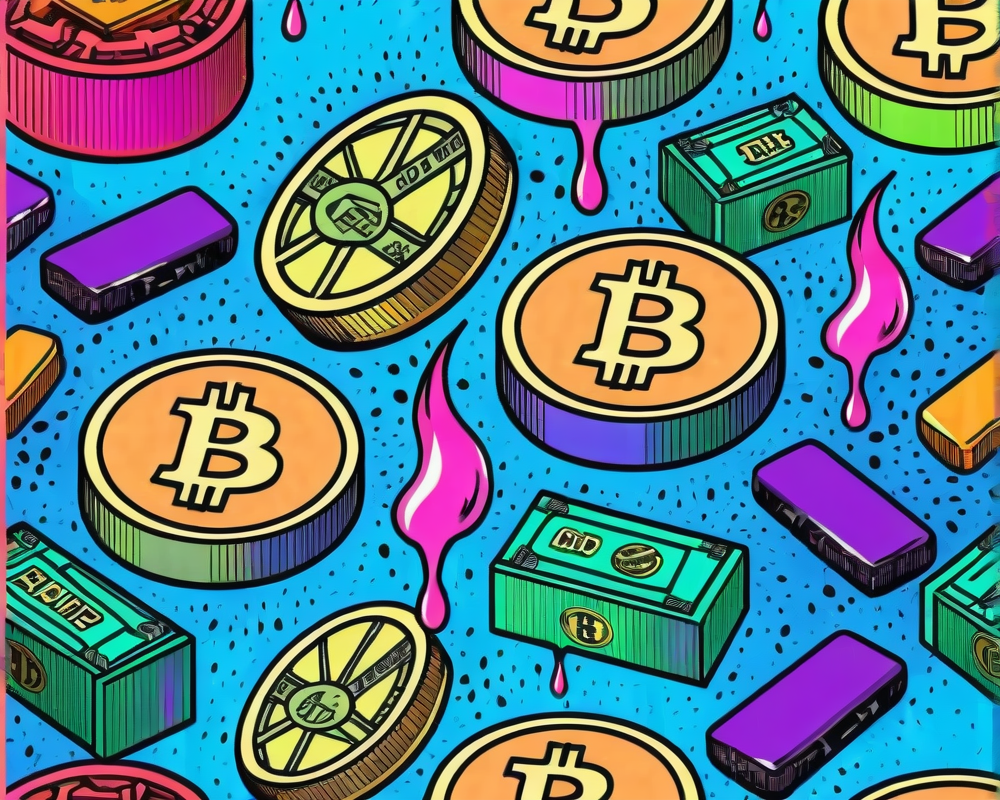The Dark Side of Digital Currencies
When it comes to the world of narcotics, one can’t help but scratch their head and wonder: what’s the deal with cryptocurrency? From illicit drug sales to the shadowy dealings in the depths of the dark web, digital currencies have been cast as the villains of modern finance. But is this reputation truly deserved, or has it just fallen victim to the sensationalist media? As U.S. Treasury Secretary Steven Mnuchin may have highlighted, the link between cryptocurrencies and crime is a hot topic ripe for dissection.
A Pivotal Arrest: The Silk Road Saga
Fasten your seat belts, because the year was 2013 when the FBI decided enough was enough. Their target? Ross Ulbricht, a.k.a. the Dread Pirate Roberts. Acting as the puppet master of The Silk Road, Ulbricht opened a Pandora’s box of drug sales via Bitcoin. Where cash once ruled the underbelly of the market, anonymity and digital payment options became the new gangsta tool. Despite the takedown, the dark web responded like a hydra, sprouting new platforms faster than authorities could say, “gotcha!”
Government Responses: Legislation on the Offensive
In response to rising concerns over opioid crises and the growing use of cryptocurrencies for drug transactions, the U.S. government has become an unyielding force. The addition of crypto addresses to the Specially Designated Nationals (SDN) list proved that they were ready to fight the battle against drug traffickers using the digital realm. From Bitcoin to Litecoin, it seems like cryptocurrency is taking a hit—and perhaps rightly so, considering lives continue to be lost to opioid overdoses every 16 minutes in America.
Tracking Transactions: The Reality Check
As Professor Talis Putnins puts it, cryptocurrencies have dramatically revolutionized the drug trade. Cash transactions are being overshadowed, thanks to the rise of anonymous digital payments. According to Ciphertrace, nearly all drug sales on the darknet are bought with cryptocurrencies—a fact that can make even the most tech-savvy person raise an eyebrow. However, Europol offers a glimmer of hope by countering that blockchain’s transparent nature allows authorities to track certain transactions easily. So, while criminals think they can outrun the law, it turns out, they might just be leaving a digital breadcrumb trail.
Bitcoin vs. Cash: The Battle Continues
Here’s the kicker: while Bitcoin is leading the way in drug transactions, cash still remains the heavyweight champion of payment methods. Cash is about as anonymous as it gets, and with established laundering methods in place, it seems that the good old-fashioned currency is not ready to retire just yet. Despite the anonymity funds like Monero might offer, Bitcoin still accounts for a whopping 76% of transactions on dark markets. Statistics be damned; people like what they know!
The Future of Cryptos and Crime
With an ever-evolving landscape of cryptocurrencies, can the digital dollar replace cash for drug dealers? The short answer is no. Although cryptocurrencies provide some level of anonymity, the underlying technology is still traceable. The blockchain’s transparency acts as a double-edged sword for those looking to buy illegal goods. As law enforcement tools become sharper and more advanced, whether digital currencies remain the payment method of choice for nefarious activities remains to be seen. One thing’s for certain: crime doesn’t pay, but with cryptocurrencies, it might just have a fancier wallet.




